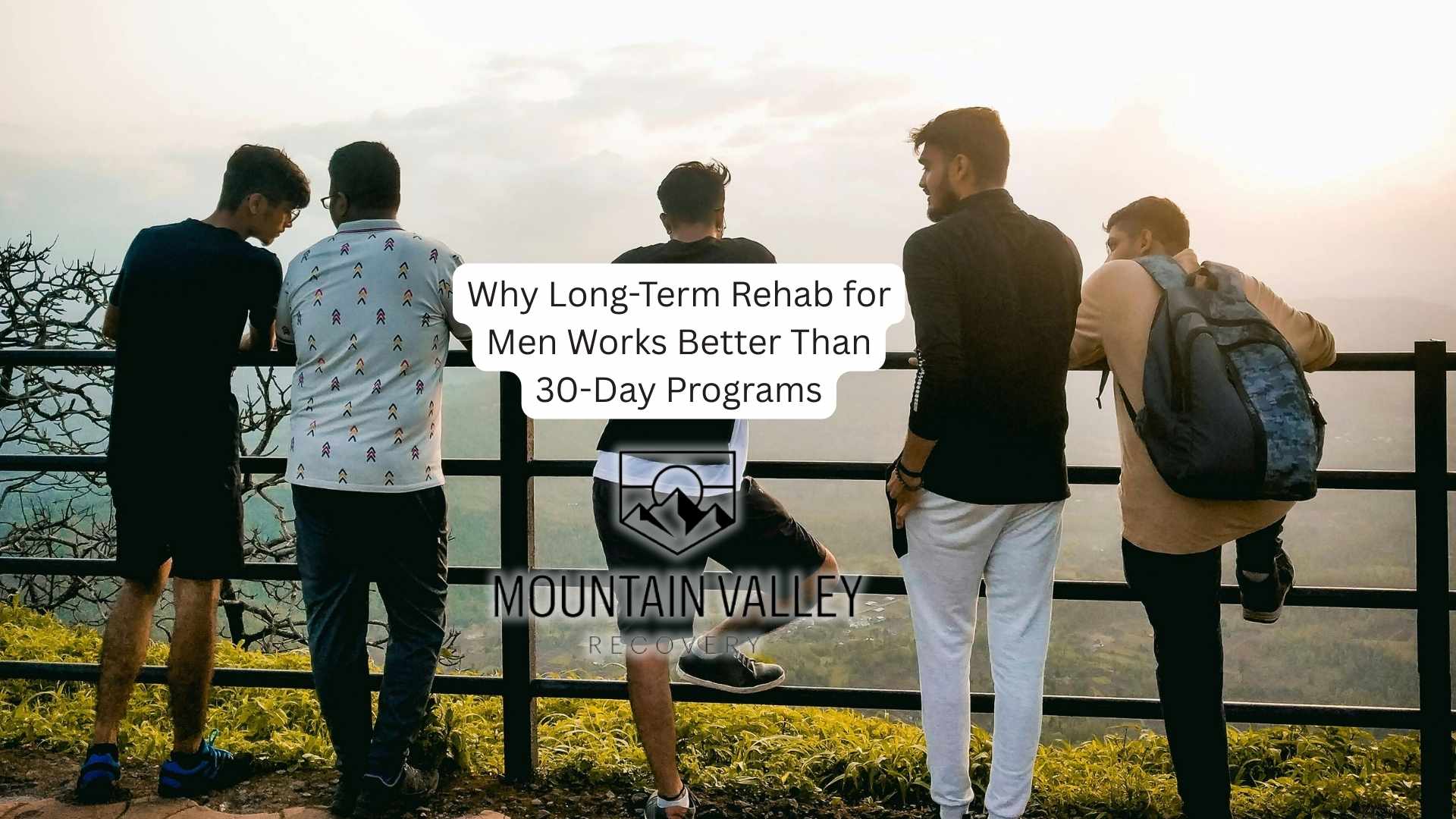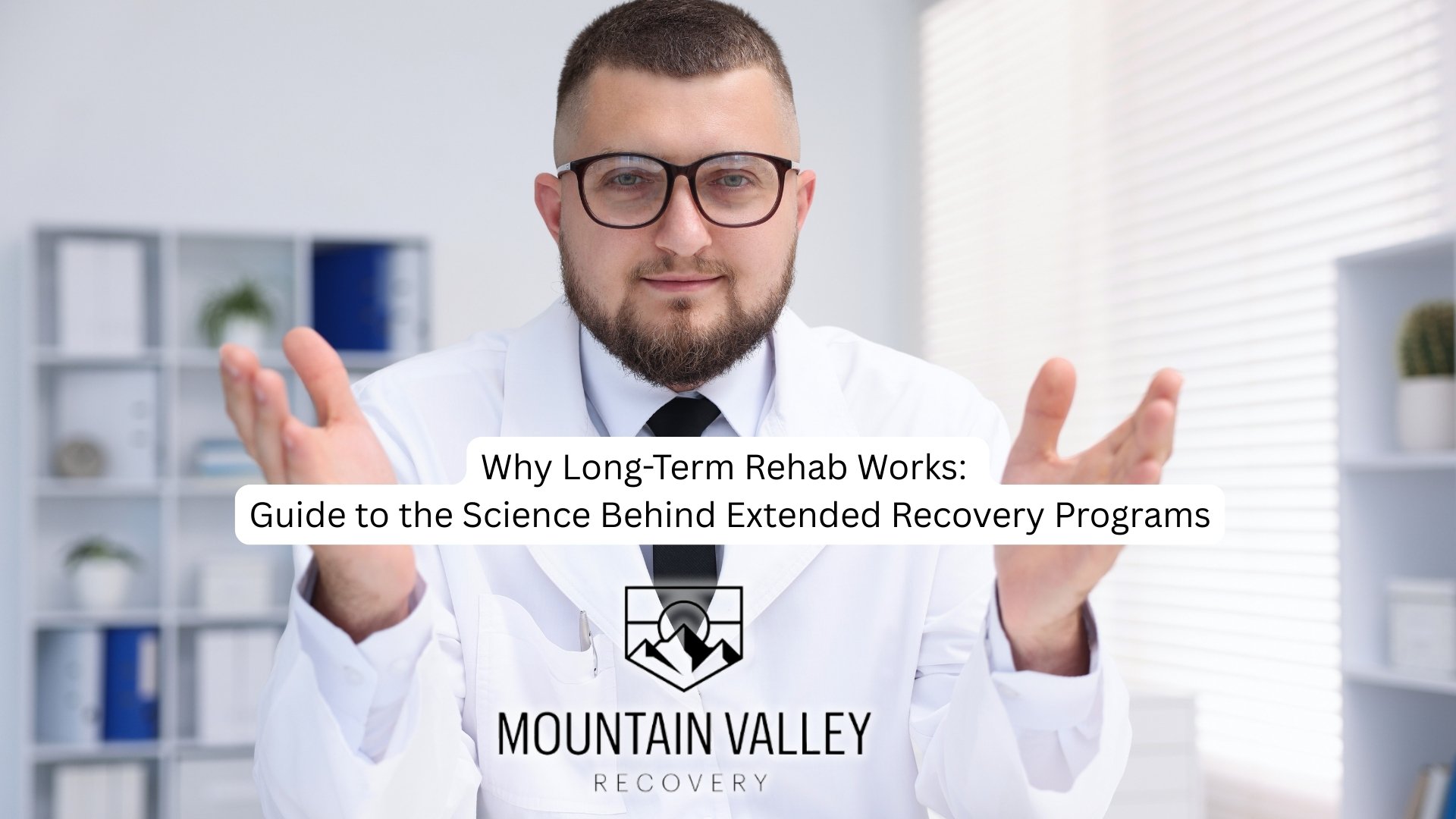Overcoming drug addiction is a difficult and arduous journey that is often accompanied by setbacks and challenges. Men, in particular, face unique obstacles on the path to sustained sobriety, which can increase their risk of relapse. It is crucial for individuals in recovery, their loved ones, and healthcare providers to understand these risk factors.
This article explores the primary reasons why men in recovery may find themselves relapsing and turning back to drug use.
Unresolved Emotional Issues
When you don’t address repressed feelings of sadness, guilt, or trauma, you’re more likely to experience heightened cravings and turn to substance use as a temporary escape.
Many men find it challenging to express their emotions, leading to isolation and a lack of support that can exacerbate underlying mental health issues and contribute to a substance use disorder.
If you’re in recovery, it’s crucial to prioritize your emotional well-being by seeking therapy or support to develop healthy coping mechanisms. Ignoring your emotional health can trap you in a cycle of untreated mental health issues, making it more difficult to maintain sobriety.
At Mountain Valley Recovery we provide addiction recovery programs which are designed to help men deal with their addiction issues while engaging in both therapy and work on our ranch.
Presence of Substances
When you’re in recovery, encountering drugs or alcohol in settings like bars, parties, or even your own home can trigger a relapse. These high-risk environments often house powerful reminders of past use, such as paraphernalia or specific locations tied to drug consumption, which can ignite intense cravings.
Being around peers who are actively using substances can amplify the temptation to join in, making it even harder to maintain sobriety.
It’s important to recognize that even seemingly harmless objects like bottles or straws can serve as potent environmental triggers, capable of derailing your progress.
To safeguard your recovery, it’s crucial to practice avoidance when possible. Steering clear of people, places, and things associated with drug use can help minimize exposure to triggers and reduce the risk of relapse.
Read more about the holistic approaches used in addiction recovery and role they play in balancing physical and emotional health.
Overconfidence in Recovery
You might think you’ve got this whole recovery thing figured out, but research shows that it takes about five years to establish solid sobriety. Overconfidence can lead to complacency, causing you to neglect essential recovery practices and support systems.
You might start skipping meetings, avoiding your sponsor, or convincing yourself that you can handle just one drink or one hit. But this false sense of security leaves you vulnerable to relapse triggers.
Recovery is a lifelong journey that requires ongoing vigilance and humility. Regular self-reflection can help you stay grounded and aware of the chronic nature of addiction.

Lack of Coping Strategies
If you don’t have effective tools to manage stress, negative emotions, and challenging situations, you’re more likely to turn to substance use as a means of escape.
This lack of coping strategies often stems from a history of emotional avoidance, where you may have repressed your feelings instead of processing them in a healthy manner.
Without a robust set of coping skills, you may find yourself struggling to handle the inevitable ups and downs of life, making you more vulnerable to relapse. It’s crucial to develop and practice healthy coping mechanisms, such as exercise, mindfulness, and communication with your support network.
Absence of Support Network
It’s crucial to surround yourself with supportive individuals who understand your struggles and can provide accountability, encouragement, and a sense of belonging during your recovery.
Men often face unique challenges when it comes to forming social connections in recovery, which can lead to heightened feelings of isolation and vulnerability to relapse. The lack of a robust support system can intensify emotions of loneliness and unworthiness, known triggers for substance use.
On top of all, if you don’t have access to mutual aid groups that address both addiction and mental health, you may find yourself without the necessary support during difficult times.
Check out this family guide to supporting addiction recovery which will help you learn the proper way to help a loved one overcome addiction.
Final Thoughts form Mountain Valley Recovery
At Mountain Valley Recovery we recognize that recovery is an ongoing process that requires dedication, self-awareness, and a willingness to seek help when needed. By addressing the root causes of addiction, cultivating a strong support system, and developing healthy coping skills, men in recovery can increase their chances of maintaining long-term sobriety. Our team of professionally licensed staff will help any man commit to a healthier and more productive approach to breaking the vicious cycle of addiction.





